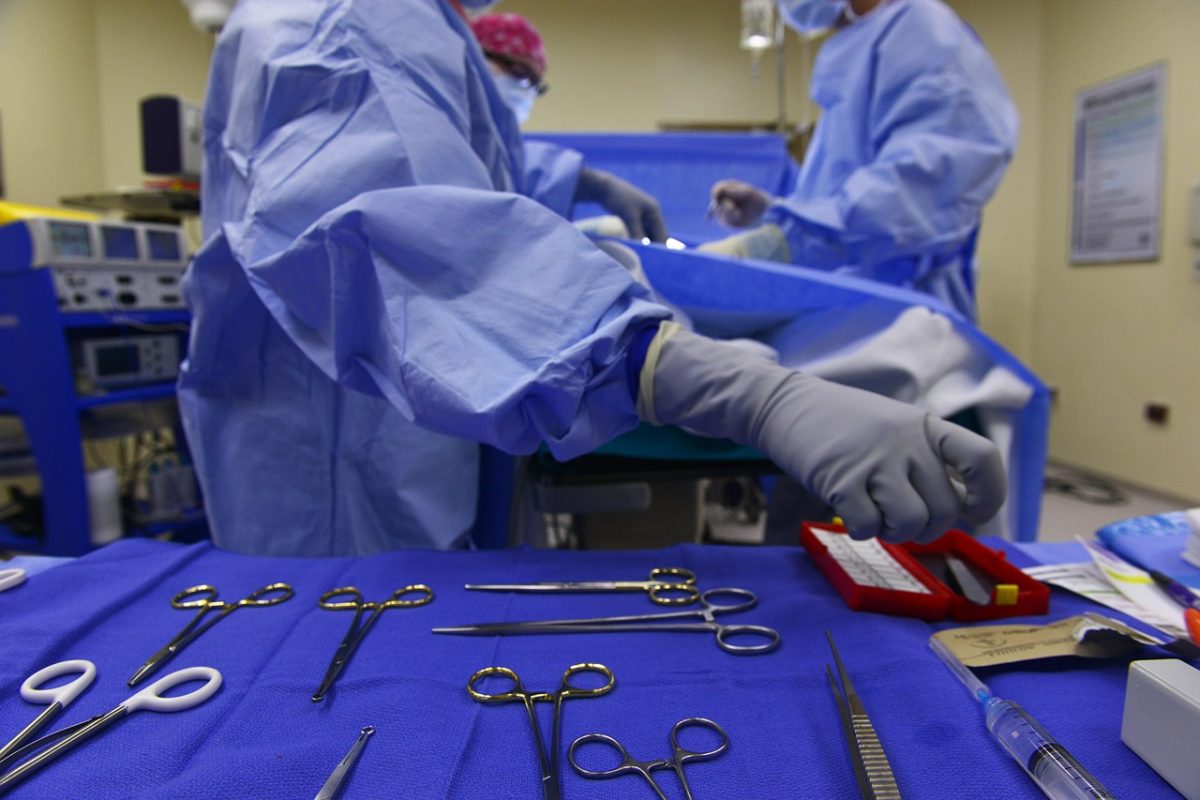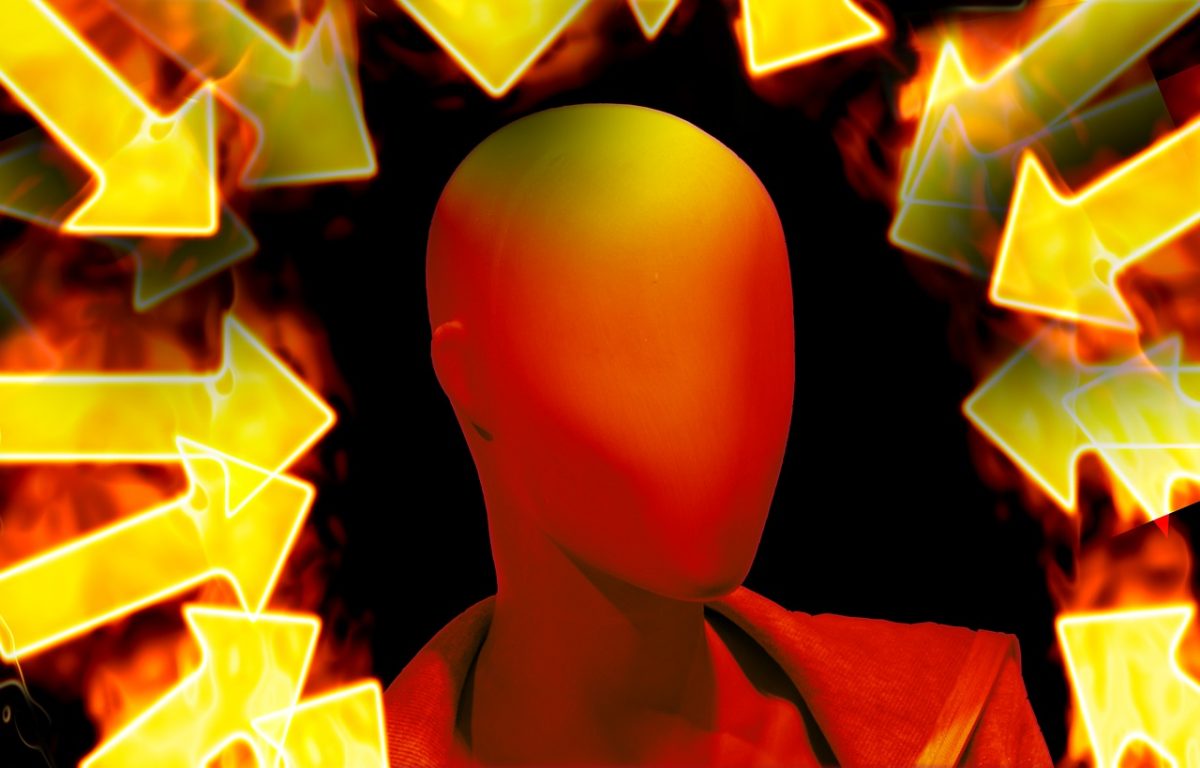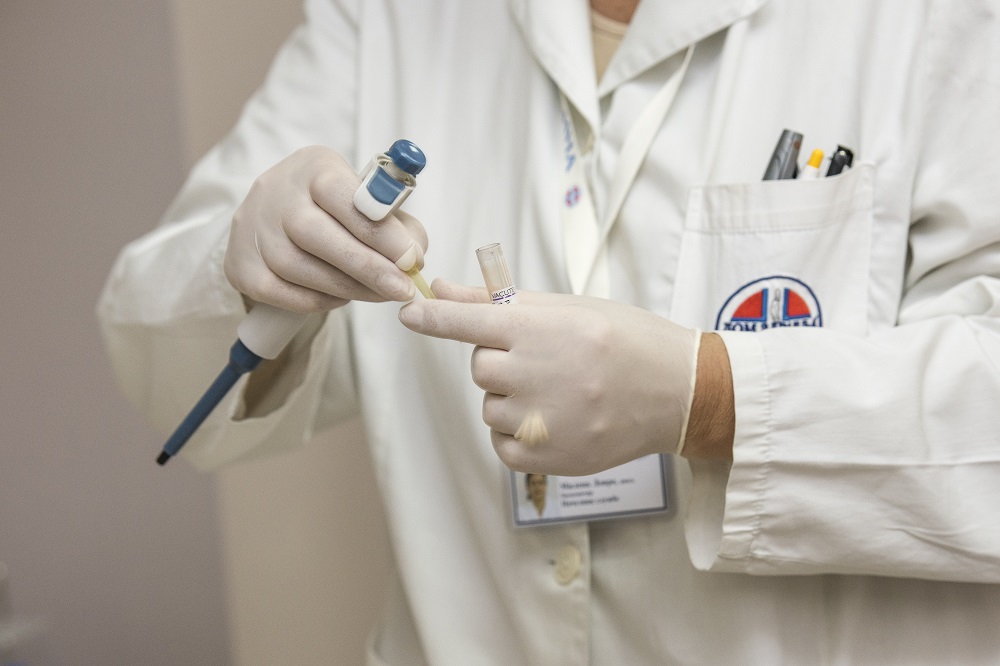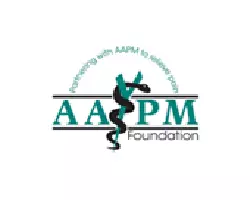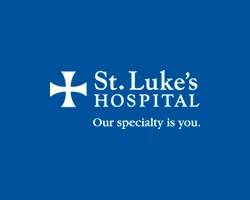How is carpal tunnel syndrome treated?
Cubital tunnel syndrome — also known as ulnar neuropathy — is caused by increased pressure on the ulnar nerve, which passes close to the skin’s surface in the area of the elbow commonly known as the “funny bone.” You’re more likely to develop cubital tunnel syndrome if you:
Repeatedly lean on your elbow, especially on a hard surface
Bend your elbow for sustained periods, such as while talking on a cell phone or sleeping with your hand crooked under your pillow
Sometimes, cubital tunnel syndrome results from abnormal bone growth in the elbow or from intense physical activity that increases pressure on the ulnar nerve. Baseball pitchers, for example, have an increased risk of cubital tunnel syndrome, because the twisting motion required to throw a slider can damage delicate ligaments in the elbow.
Early symptoms of cubital tunnel syndrome include:
Pain and numbness in the elbow
Tingling, especially in the ring and little fingers
More severe symptoms of cubital tunnel syndrome include:
Weakness affecting the ring and little fingers
Decreased ability to pinch the thumb and little finger
Decreased overall hand grip
Muscle wasting in the hand
Claw-like deformity of the hand
If you have any of these symptoms, your doctor may be able to diagnose cubital tunnel syndrome by physical examination alone. He or she also may order a verve conduction study and a test called electromyography. Electromyography is a procedure in which electrodes placed into muscles and on the skin measure the health of muscles and the nerve cells that control them, to confirm the diagnosis, identify the area of nerve damage, and determine the severity of the condition.

